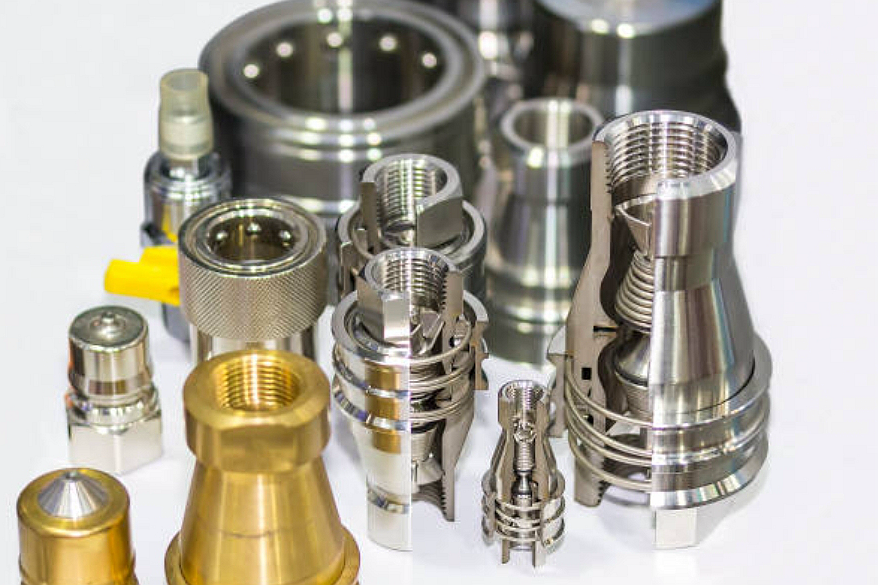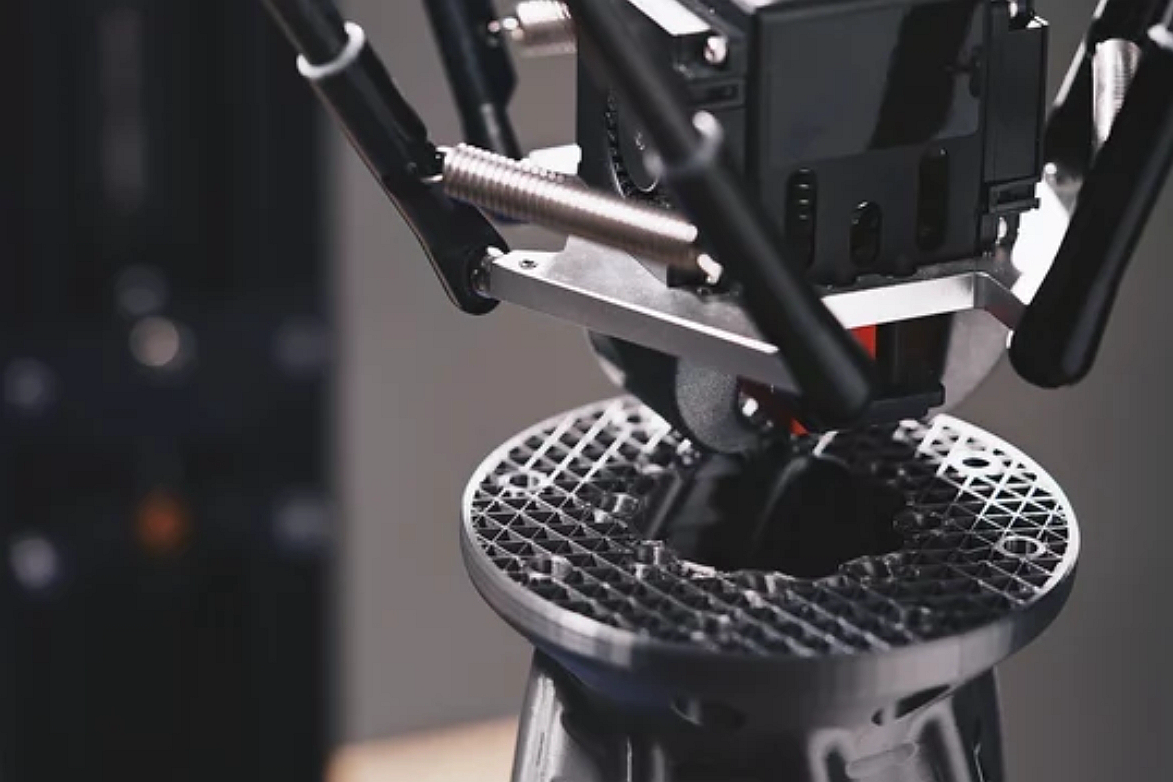Haynes 25
Basic description of Haynes 25 Powder
Haynes 25, also known as Alloy L605 or Cobalt L-605, is a cobalt-based alloy that stands out for its remarkable high-temperature strength, excellent oxidation and sulfidation resistance, and good wear resistance. It's particularly notable for maintaining its properties at temperatures up to 1800°F (980°C). It is one of the best options for applications requiring thermal stability and resistance to corrosive environments. The powder form of Haynes 25 is finely tuned for additive manufacturing, offering a high degree of purity and particle size consistency, which is essential for achieving high-quality parts with optimal mechanical properties.
Haynes 25 Similar grades
China: GH25
United States: R30605
Germany: CoCr20W15Ni
France: KC20WN
While Haynes 25 has unique properties, there are other alloys with somewhat similar capabilities used in demanding environments:
Haynes 188: Known for its excellent high-temperature strength and corrosion resistance, Haynes 188 is widely used in aerospace and industrial applications where thermal stability is critical.
Inconel 718: A nickel-chromium alloy celebrated for its high yield, tensile, and creep-rupture properties at high temperatures. It's a go-to material for aerospace, oil, and gas industries.
Rene 41: A nickel-based superalloy with exceptional high-temperature properties, strength, and oxidation resistance, commonly used in gas turbine engines.
Hastelloy X: A nickel-chromium-iron-molybdenum alloy offering good strength and oxidation resistance at high temperatures, suitable for furnace and chemical processing applications.
These alloys, including Haynes 25, are selected based on the application's specific requirements, considering temperature, mechanical stress, and environmental conditions. Haynes 25 is often chosen for its superior wear resistance and stability in high-temperature oxidizing environments and its excellent performance in sulfidation conditions.
Applications
Haynes 25 powder, with its unique combination of high-temperature strength, excellent oxidation, sulfidation resistance, and wear resistance, finds extensive use across various demanding industrial applications. Here's how Haynes 25 stands out in specific applications:
1. Aerospace: Haynes 25 is utilized for components requiring high strength and thermal degradation resistance at elevated temperatures in the aerospace industry. Its applications include gas turbine parts, such as combustion liners, turbine blades, and afterburner parts, where the material's ability to withstand high-temperature environments and resist oxidation is crucial.
2. Industrial Gas Turbines: Similar to its applications in aerospace, Haynes 25 is used in industrial gas turbines for parts exposed to high temperatures and corrosive gases. Components such as turbine blades, vanes, and combustion chamber liners benefit from the alloy's thermal stability and corrosion resistance.
3. Wear-Resistant Applications: The excellent wear resistance of Haynes 25 makes it suitable for high-wear environments, including components such as bearing sleeves, bushings, and valve parts in machinery that operates under high-temperature conditions. It ensures the longevity and reliability of equipment in various industrial settings.
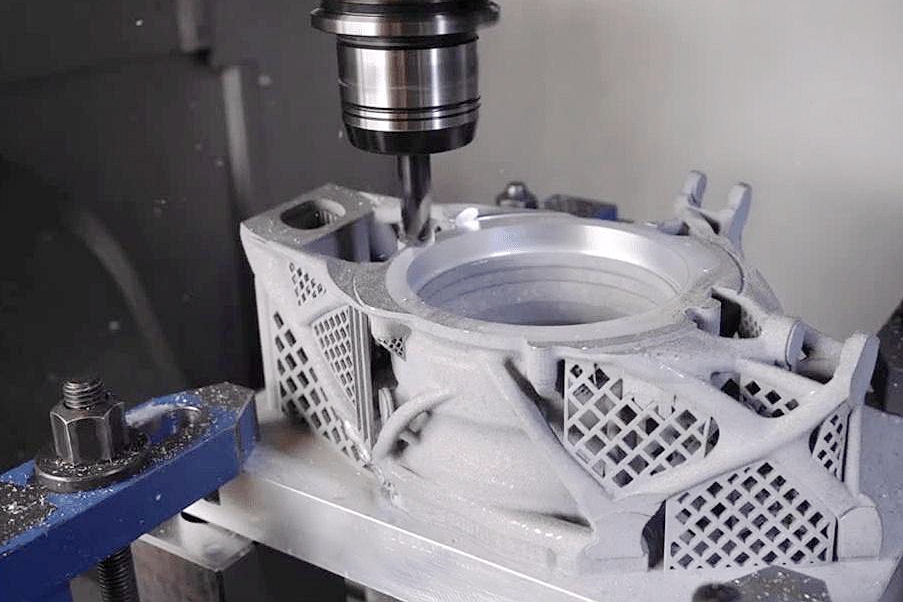
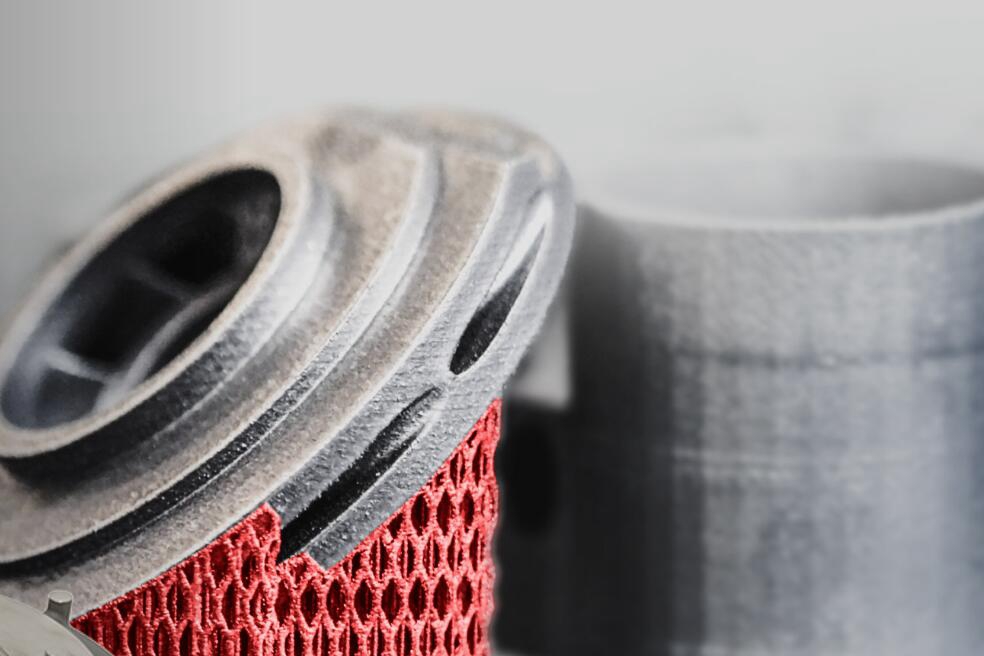
4. Medical Devices: The biocompatibility and strength of Haynes 25 have made it a choice for specific medical device applications, including surgical implants and instruments that require high strength, durability, and resistance to bodily fluids.
5. Chemical Processing: Haynes 25 is used for equipment that must resist corrosion from harsh chemicals at elevated temperatures in the chemical processing industry. Applications include process heaters, heat exchangers, and reactor components, where the alloy's corrosion resistance ensures long service life and reliability.
6. Automotive: In high-performance automotive applications, Haynes 25 is used for exhaust valves and turbocharger components, where the material's ability to withstand high temperatures and corrosive exhaust gases is vital for engine efficiency and performance.
7. Energy: In the energy sector, particularly in applications involving the production and processing of oil and gas, Haynes 25 is utilized for components exposed to corrosive environments and high temperatures, such as valves, pumps, and other critical equipment.
Composition and Properties
Haynes 25 (Alloy L605, Cobalt L-605) is a high-temperature, cobalt-based alloy known for its excellent properties, including high-temperature strength, exceptional oxidation, sulfidation resistance, and good wear resistance. The alloy's performance in challenging environments can be attributed to its unique chemical composition and the resulting properties.
Composition:
The chemical composition of Haynes 25 is designed to deliver its outstanding characteristics:
Cobalt (Co): The base provides the matrix for the alloy's high-temperature capabilities and corrosion resistance.
Chromium (Cr): 19-21% contributes significantly to oxidation resistance and helps form a protective oxide layer on the surface.
Nickel (Ni): 9-11% enhances overall corrosion resistance and stabilizes the alloy against thermal cycling.
Tungsten (W): 14-16% increases the alloy's strength and resistance to high-temperature creep.
Iron (Fe): Up to 3% adds to the mechanical strength of the alloy.
Manganese (Mn): Up to 1.5% improves the alloy's strength and toughness.
Silicon (Si): Up to 0.4% is a deoxidizer to improve corrosion resistance.
Carbon (C): 0.05-0.15% enhances the alloy's strength by forming carbides.
Cr | Mn | Ni | W | Co | Fe | C | P | Si | S |
19.0-21.0 | 1.0-2.0 | 9.0-11.0 | 14.0-16.0 | Bal. | ≤3.0 | 0.05-0.15 | ≤0.04 | ≤0.40 | ≤0.03 |
Properties:
The composition of Haynes 25 results in a set of properties tailored for extreme operating conditions:
High-Temperature Strength: Maintains excellent mechanical strength and stability at temperatures up to 1800°F (980°C), making it ideal for high-temperature applications.
Oxidation and Sulfidation Resistance: Chromium and tungsten contribute to superior resistance against oxidation and sulfidation, which is crucial for long-term performance in harsh environments.
Wear Resistance: The alloy exhibits excellent wear resistance, beneficial in applications where mechanical parts are subjected to friction and abrasive conditions.
Corrosion Resistance: Haynes 25 provides good resistance to acidic and basic environments, thanks to the presence of chromium and nickel, ensuring durability and reliability in chemical processing applications.
Fabricability: Despite its high-strength characteristics, Haynes 25 can be fabricated using conventional manufacturing processes, including welding, machining, and forming, allowing for versatility in component design.
Applications Stemming from Composition and Properties:
The unique blend of properties offered by Haynes 25 makes it a preferred material for various critical applications. Its high-temperature strength and resistance to oxidation and sulfidation are particularly valued in aerospace and industrial gas turbines. The alloy's wear resistance suits components subjected to high friction, such as bearing and valve parts. In contrast, its corrosion resistance ensures reliability in chemical processing environments. By capitalizing on these attributes, Haynes 25 enables the development of components that perform reliably under some of the most demanding conditions across various industries.
Aerospace industry manufacturing is used in high-temperature components such as aircraft engines, turbine blades, nozzle guide vanes, etc.
They are widely used in medical devices, such as artificial joints, dental implants, surgical instruments, etc.
The nuclear industry manufactures fuel elements, high-temperature components, radiation shielding materials for nuclear reactors, etc.
Chemical equipment, valves, pumps, and pipelines in the petrochemical industry
Powder Characteristics
The performance of Haynes 25 in manufacturing processes, especially in additive manufacturing (3D printing), Metal Injection Molding (MIM), and Powder Compression Molding (PCM), is significantly influenced by the characteristics of its powder form. These characteristics are crucial for optimizing manufacturing processes and achieving parts with high-quality mechanical properties.
Yield Strength:
Yield strength is the stress at which a material begins to deform plastically. Haynes 25 manufactured parts can exhibit yield strengths in the 45,000 to 65,000 psi range. This high yield strength indicates the material's capability to withstand significant stress before deforming, making it suitable for high-stress applications.
Tensile Strength:
Tensile strength is the maximum stress a material can withstand while being stretched or pulled before breaking. Parts made from Haynes 25 powder can achieve tensile strengths of approximately 150,000 psi. This high tensile strength is essential for applications where components are subjected to high tensile loads, ensuring durability and performance.
Elongation:
Elongation measures the flexibility of a material or how much it can stretch before it breaks. Haynes 25 manufactured parts typically show an elongation range of 30% to 40%, indicating good elasticity. This allows components to undergo significant deformation before failure, which is advantageous in applications requiring materials that can absorb significant energy or withstand impact.
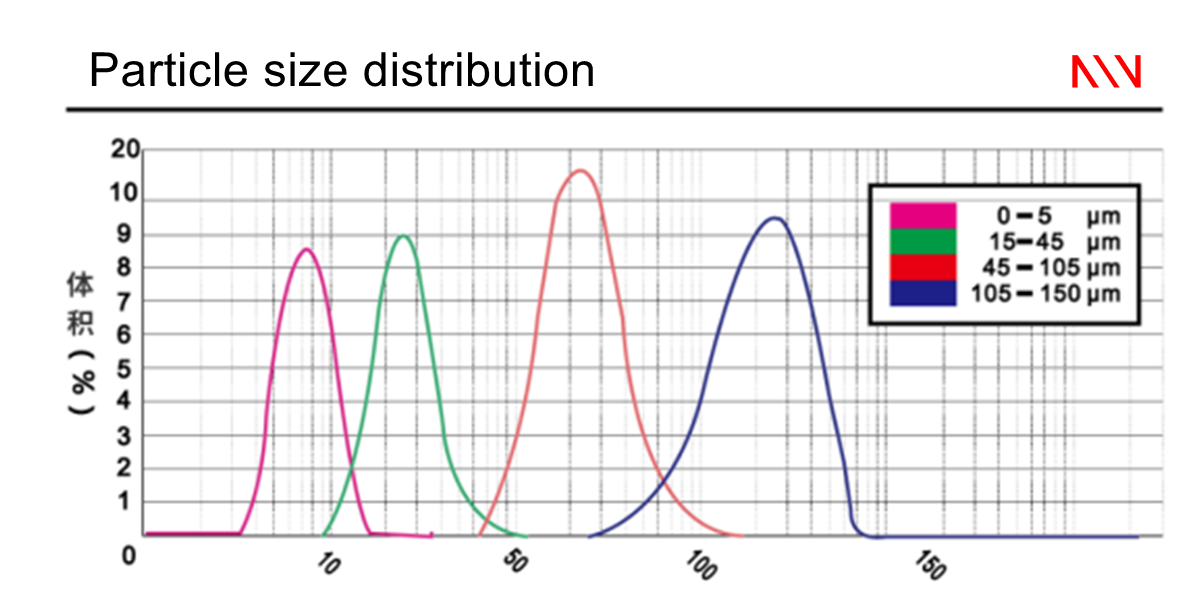
Physical Properties
Understanding the physical properties of Haynes 25 powder is crucial for manufacturers and engineers to utilize this material effectively in various advanced manufacturing processes. These properties significantly influence the behavior of the powder during processing and ultimately affect the performance of the final parts in their operational environments.
Density:
The density of Haynes 25 is approximately 9.14 g/cm³. This high density indicates the material's compact structure, contributing to the overall strength and durability of manufactured parts. Achieving near-full density in parts is essential for applications requiring high mechanical integrity and resistance to high-temperature creep and wear.
Hardness:
Manufactured parts from Haynes 25 powder can achieve hardness levels in the 30-40 HRC (Rockwell Hardness). This hardness balances strength and flexibility, making it suitable for components exposed to wear and high-stress conditions, such as aerospace turbine components and industrial machinery parts.
Specific Surface Area:
A higher specific surface area of the powder enhances its reactivity and sinterability, which is crucial for processes like Metal Injection Molding (MIM) and additive manufacturing. Haynes 25 powder is engineered to have an appropriate specific surface area, facilitating the sintering process and producing parts with high mechanical properties and minimal porosity.
Sphericity:
The sphericity of Haynes 25 powder affects its flowability and packing density, which are essential factors for manufacturing accuracy and repeatability. High sphericity ensures uniform flow and layering in additive manufacturing processes, contributing to the final parts' dimensional accuracy and surface finish.
Bulk Density:
The bulk density of the powder influences the efficiency of powder handling and the quality of the final part. Haynes 25 powder features an optimized bulk density that facilitates easy handling and efficient compaction, which is essential for achieving uniform part density and strength.
Hall Flow Rate:
This property measures the powder's ability to flow through an orifice, affecting the precision of powder-based manufacturing processes. Haynes 25 powder exhibits excellent flow characteristics, enabling accurate and consistent part fabrication.
Melting Point:
Haynes 25 has a melting point suitable for the specific manufacturing processes it undergoes, typically around 1330°C to 1410°C (2426°F to 2570°F). This melting point ensures the alloy's stability and performance during high-temperature applications.
Relative Density:
After processing, the relative density of parts can reach near theoretical density, which is crucial for achieving optimal mechanical strength and minimizing porosity, enhancing the component's performance in demanding environments.
Recommended Layer Thickness:
For additive manufacturing processes, optimizing the layer thickness is vital to efficiently balancing resolution with build time. Haynes 25 powder is suitable for a recommended layer thickness that ensures fine detail without compromising structural integrity.
Thermal Expansion Coefficient:
The alloy exhibits a thermal expansion coefficient that ensures compatibility with other materials in composite structures, maintaining dimensional stability across a wide temperature range.
Thermal Conductivity:
Its thermal conductivity allows for efficient heat dissipation, vital for components that experience high thermal loads during operation.
Manufacturing Techniques
The unique properties of Haynes 25 powder make it suitable for various manufacturing processes, each chosen based on the specific application requirements and desired outcomes. This section examines the compatibility of Haynes 25 with different manufacturing techniques, including 3D printing, metal injection molding, powder compression molding, vacuum casting, hot isostatic pressing, and CNC machining. It also explores the comparative outcomes of these processes and addresses common issues and solutions.
1. Which manufacturing processes is Haynes 25 suitable for?
3D Printing (Additive Manufacturing): Haynes 25 is particularly well-suited for laser powder bed fusion (LPBF) and direct metal laser sintering (DMLS) techniques, allowing for the creation of complex geometries and components with minimal waste.
Metal Injection Molding (MIM): This process is advantageous for producing small to medium-sized complex shapes with high precision and excellent surface finish. It is cost-effective for high-volume production, making it suitable for parts that leverage Haynes 25's high-temperature and wear resistance properties.
Powder Compression Molding (PCM): Suitable for more significant components, PCM can utilize Haynes 25 powder to produce parts with uniform density and good mechanical properties, which is ideal for applications requiring high strength and temperature resistance.
Vacuum Casting: Although less common for Haynes 25 due to its high melting point, it can be used for specific applications, particularly prototypes and small-batch production of complex shapes.
Hot Isostatic Pressing (HIP): HIP is used to improve the properties of parts made from Haynes 25 powder, especially those manufactured through additive manufacturing or PCM, by reducing porosity and enhancing material density.
CNC Machining: After initial forming processes, CNC machining is often employed to achieve precise dimensions and delicate features on Haynes 25 parts, especially where tight tolerances and smooth finishes are required.
2. Comparison of parts produced by these manufacturing processes:
Surface Finish and Detail Resolution: Additive manufacturing offers unparalleled complexity and detail resolution but may require post-processing for surface finish. MIM produces parts from the mold with excellent surface finishes and high dimensional accuracy.
Mechanical Properties: HIP and PCM can yield parts with superior mechanical properties due to the homogeneous material structure and reduced porosity. Additive manufacturing parts may achieve similar properties with appropriate post-process treatments.
Cost-Effectiveness and Efficiency: MIM is particularly cost-effective for producing large quantities of complex parts, while additive manufacturing is more suited for low-volume, high-complexity components where traditional tooling costs would be prohibitive.
3. Normal issues and solutions in these manufacturing processes:
Porosity in Additive Manufacturing: Parts produced may exhibit porosity, affecting mechanical properties. Solution: Optimizing process parameters and employing post-process treatments like HIP can significantly reduce porosity and improve part density.
Dimensional Accuracy in MIM: Shrinkage during the sintering phase can impact dimensional accuracy. Solution: Design adjustments and tooling modifications can compensate for shrinkage, and process optimization can help achieve the desired dimensions.
Surface Roughness in AM: Parts often require post-processing to achieve the desired surface quality. Solution: Techniques such as machining, polishing, or chemical etching can improve surface finish.
Manufacturing With Haynes 25
Main manufacturing processes:
Nickel-based high-temperature alloys are usually used for corrosion resistance, high-temperature resistance, and other extreme working conditions, such as impellers, pump valves, auto parts, etc. Neway has a variety of processing techniques for manufacturing nickel-based high-temperature alloy parts and solving their problems, such as deformation, cracking, and porosity.
Powder compression molding (PCM)
Get A FREE PROTOTYPING SERVICE NOW!: Consultative Design Service at Neway

